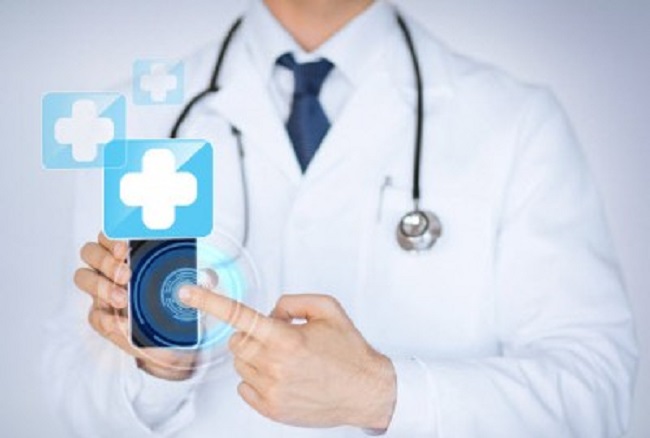The new mobile application for consumers and businesses is powered by Google.
Jiveocity is an interactive social networking mobile app that utilizes geolocation technology, giving consumers the ability to view and interact with each other at any location and also enabling businesses to send out direct messages to any user who is within 200 feet of the business establishment.
The location based social networking app provides both types of users with many convenient options.
Being a dual app, this allows Jiveocity to provide both consumers and businesses with the power to use social networking to its full potential. For consumers, this means interacting with one another when they are out and about in any bricks and mortar location and having the ability to take advantage of offers sent to them by companies within their vicinity and communicate with them, as well. For business users, they can attract potential customers to their establishments by automatically sending out offers, promotions, etc.
More specifically, how Jiveocity works for consumers is it lets them see who else may be in the physical building with them. They can send greets, messages, friend requests, go invisible for privacy, join friends’ locations, establish favorite locations, and even join any location’s chat room.
As for businesses, the dual location based social networking application gives these users the ability to view who is at their location and enables them to contact consumers who are up to 200 feet from their establishment. They can send videos, photos and coupons. Also, company’s can broadcast their live cams and chat with customers using the Jive chat rooms.
The geolocation app aims is aiming to take networking to a whole new level.
According to the Kickstarter page for the Jiveocity mobile application, one of the developer’s goals is “to increase social networking by allowing users to easily and securely connect with one another in any real-world establishment.” Jiveocity’s head of product development, Thomas Hines, has called the app “a method of networking that will change the world.”
Currently, the geolocation social networking mobile app can be downloaded for free at Google Play and on iTunes.

 Together, the group of three people managed to raise $3.5 million in investment capital in order to create and launch the Pager mobile app. The marketing director at Pager explained that “We do share some of that [Uber] DNA.” He also added that through the use of this service, “Our doctors come to you. It’s on demand.”
Together, the group of three people managed to raise $3.5 million in investment capital in order to create and launch the Pager mobile app. The marketing director at Pager explained that “We do share some of that [Uber] DNA.” He also added that through the use of this service, “Our doctors come to you. It’s on demand.”